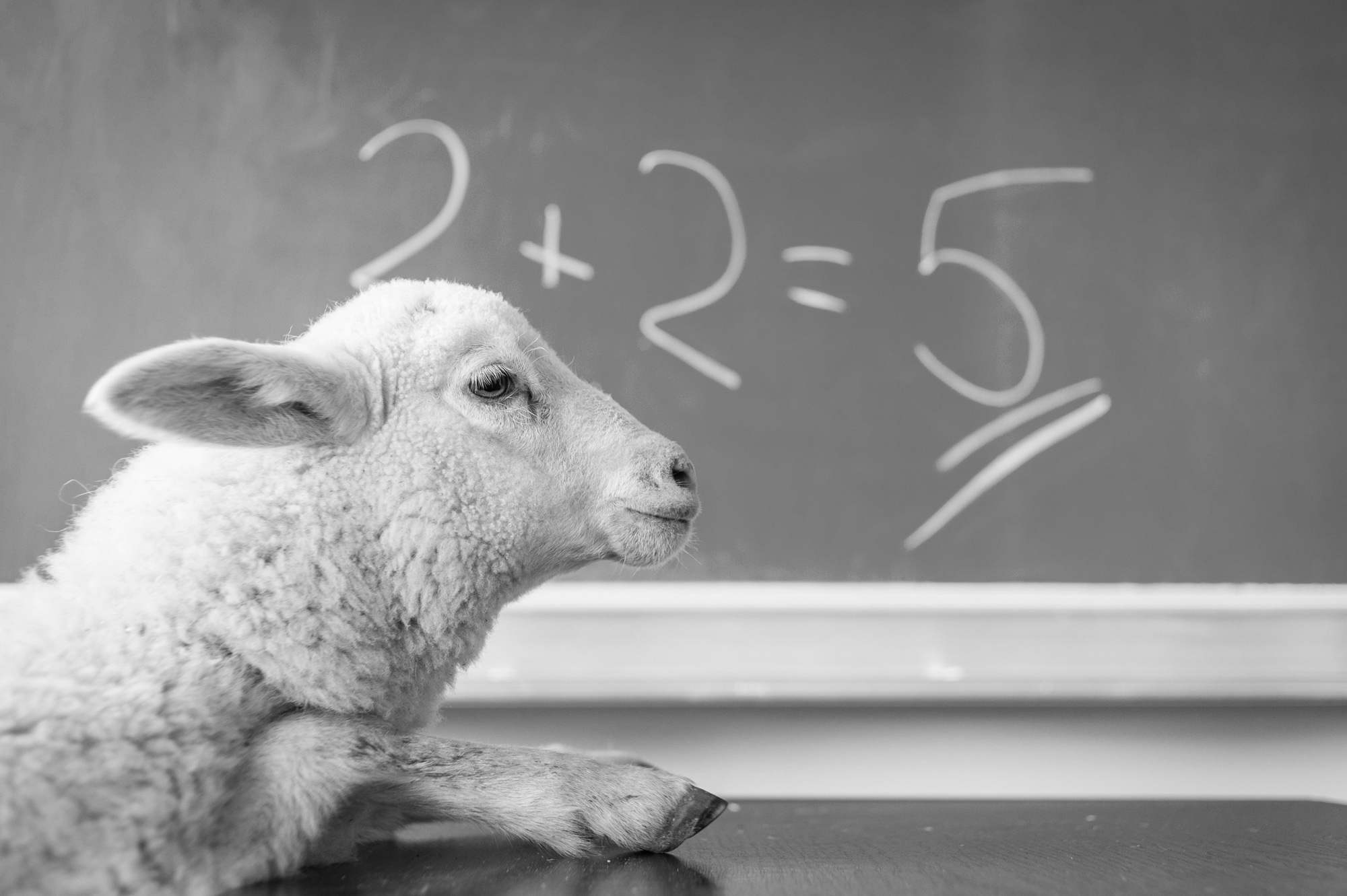In an era inundated with information, distinguishing between credible sources and misleading content has become akin to navigating a minefield. The information landscape is rife with potholes such as bias, misinformation, and conspiracy theories, which threaten to undermine our understanding of the world. Moreover, a concerning trend has emerged—a growing mistrust of intellectualism and science despite society’s reliance on the products that stem from these pursuits.
The Pitfalls of Information Evaluation
Bias: Every source carries some degree of bias, whether conscious or unconscious. Ideological, political, or financial motivations can skew the presentation of facts, leading to a distorted narrative.
Misinformation: Deliberate dissemination of false or misleading information is pervasive, fueled by agendas ranging from political manipulation to profit-seeking ventures. Misinformation can be subtle, appearing credible at first glance, making it challenging to discern.
Conspiracy Theories: The rise of conspiracy theories capitalizes on skepticism and distrust in institutions. While some may contain elements of truth, many lack empirical evidence and thrive on speculation and conjecture.
Mistrust of Science: Paradoxically, a segment of society harbors skepticism towards scientific consensus while benefiting from the advancements it produces. This cognitive dissonance poses a significant challenge in promoting evidence-based decision-making.
Navigating the Information Minefield: Strategies for Discernment
- Cross-Verification: Rely on multiple sources to corroborate information. Consistency across diverse reputable sources enhances credibility.
- Evaluate Expert Consensus: Instead of giving undue weight to individual outliers or fringe voices, prioritize the consensus among experts in a given field. The collective expertise of the majority provides a more reliable foundation.
- Scrutinize Sources: Assess the reputation, expertise, and potential biases of information sources. Look for transparency in methodology, citations, and funding sources to gauge reliability.
- Fact-Check: Utilize fact-checking organizations and tools to verify claims and debunk falsehoods. Scrutinize sensational or emotionally charged content with heightened skepticism.
- Critical Thinking: Develop critical thinking skills to discern logical fallacies, cherry-picked data, and manipulative rhetoric. Question assumptions and seek evidence-based reasoning.
- Media Literacy Education: Promote education initiatives to enhance media literacy and information discernment skills from an early age. Empowering individuals to navigate the information landscape builds resilience against misinformation.
Cultivating a Culture of Trustworthiness
In an age where misinformation proliferates and trust in institutions wanes, cultivating a culture of trustworthiness is imperative. This requires collective efforts from individuals, media outlets, and policymakers to prioritize truth, transparency, and accountability.
Media organizations bear a responsibility to uphold journalistic integrity, adhering to ethical standards and promoting factual accuracy over sensationalism. Platforms hosting user-generated content must implement robust measures to curb the spread of misinformation without compromising freedom of expression.
Policymakers play a crucial role in fostering an environment conducive to trustworthy information dissemination. Supporting initiatives that promote media literacy, invest in research integrity, and combat disinformation campaigns is paramount.
Ultimately, the onus falls on individuals to exercise discernment and skepticism in navigating the information landscape. By embracing critical thinking, cross-verification, and reliance on expert consensus, we can collectively mitigate the pitfalls of misinformation and fortify our understanding of the world. In doing so, we uphold the integrity of knowledge and safeguard the foundations of informed decision-making.






